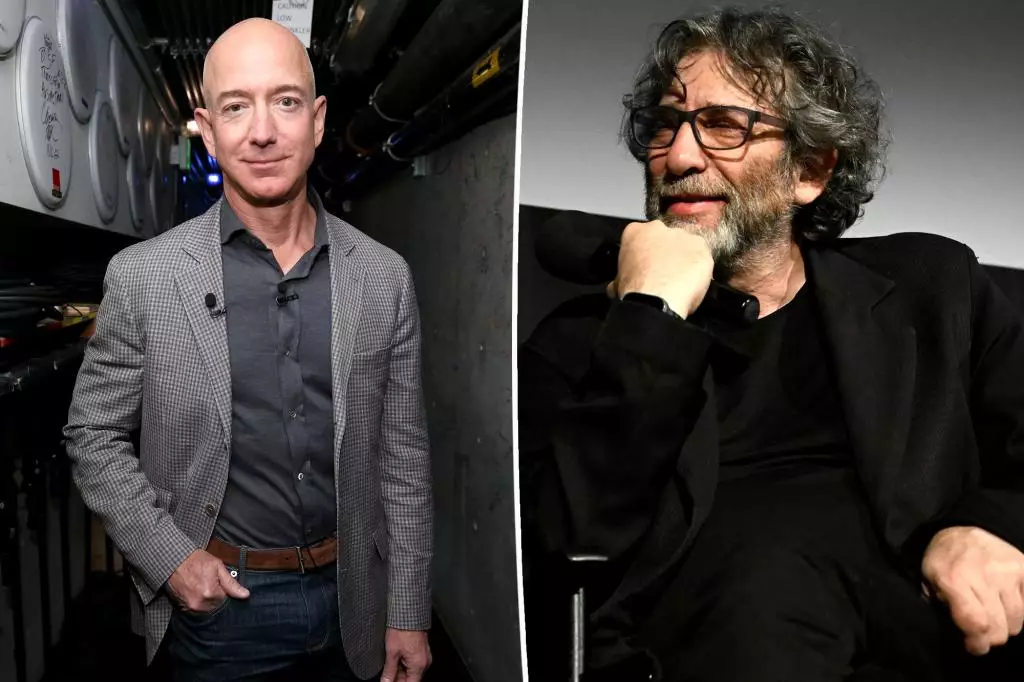Neil Gaiman, widely regarded as a literary powerhouse for his acclaimed works such as “American Gods” and “The Sandman,” will not be attending the exclusive Campfire literary retreat, a gathering known for uniting industry titans and literary influencers. His absence is notable, especially as rumors swirl regarding serious allegations against him. As a fixture at this annual event orchestrated by Jeff Bezos, Gaiman’s withdrawal raises questions about the implications of such accusations on a once-celebrated career.
Recent developments have brought to light disturbing accusations against Gaiman, with multiple women alleging experiences that range from uncomfortable to non-consensual sexual encounters in a podcast titled “Master: The Allegations Against Neil Gaiman.” In a landscape where consent and personal integrity have taken center stage, the seriousness of these claims cannot be understated. Gaiman has categorically denied these allegations, labeling them as “disturbing.” This response, while firm, does little to quell the fiery discussions surrounding his reputation and future in the literary community.
The Campfire retreat, often viewed as a sanctuary for the literary elite, has seen Gaiman as a regular attendee. This gathering, known for serious discussions and networking opportunities, presents a stark contrast to the dark clouds currently hanging over the author. His expected attendance was anticipated to further his influence and reinforce his presence in literary circuits, yet the very foundation of such gatherings—trust and mutual respect—seems to have been shaken. The retreat’s lack of Gaiman transforms it from a mere networking event to a space punctuated by the gossip of his alleged transgressions.
Interestingly, Gaiman’s controversies have repercussions beyond personal engagement; they echo into the streets of Hollywood. The production of “Good Omen,” an adaptation of his own work by Amazon Prime Video, has come to a halt, raising concerns about the potential financial implications for the streaming giant. Gaiman’s willingness to step back presents a dilemma: should he prioritize the project and its crew, or should he take a step back to shield the adaptation from further controversies?
The literary world has long been one where influence and power dynamics are intricately woven. Gaiman’s case serves as a mirror reflecting a broader cultural conversation on accountability within the literary community. As audiences and fans reevaluate their relationships with authors, the significance of consent and respect takes center stage. Gaiman’s ongoing denial of the accusations stands in opposition to a rising tide of voices demanding accountability, and the outcome of this cultural clash may redefine literary engagement in profound ways.
As Neil Gaiman navigates these turbulent waters, the literary community watches intently. His presence—or lack thereof—at events like Campfire serves as a reminder of the complex fabric of fame, talent, and accountability. Whatever the outcome of the allegations, it is evident that the literary landscape may never look the same again. The intersection of artistry and personal conduct will likely continue to evoke discussion long after this particular chapter closes.

